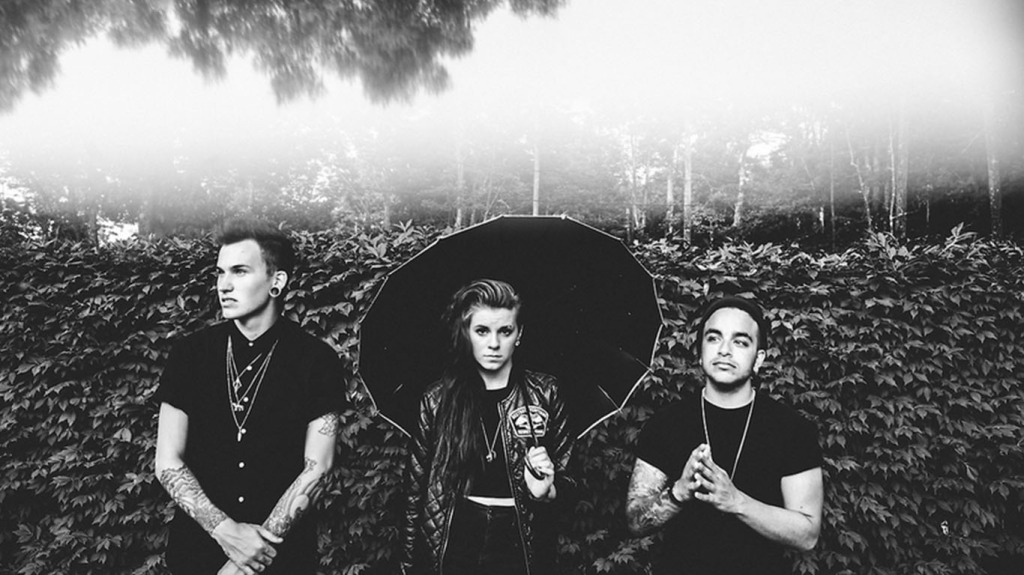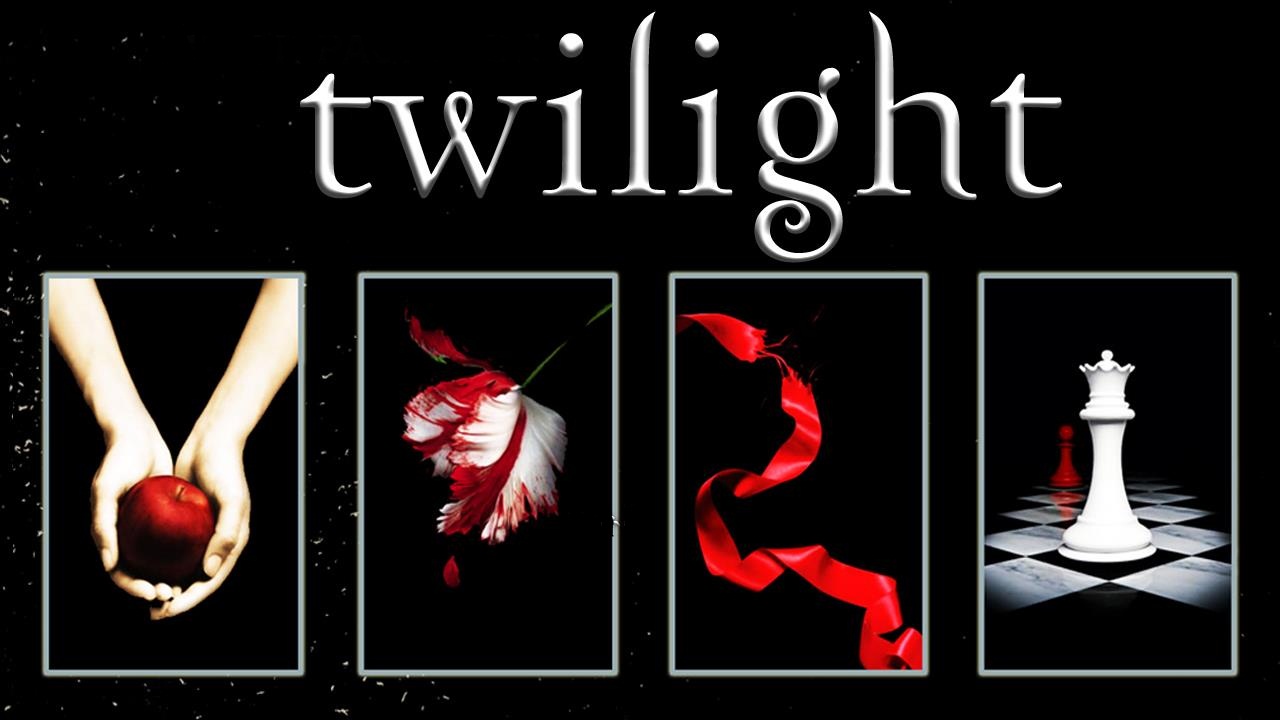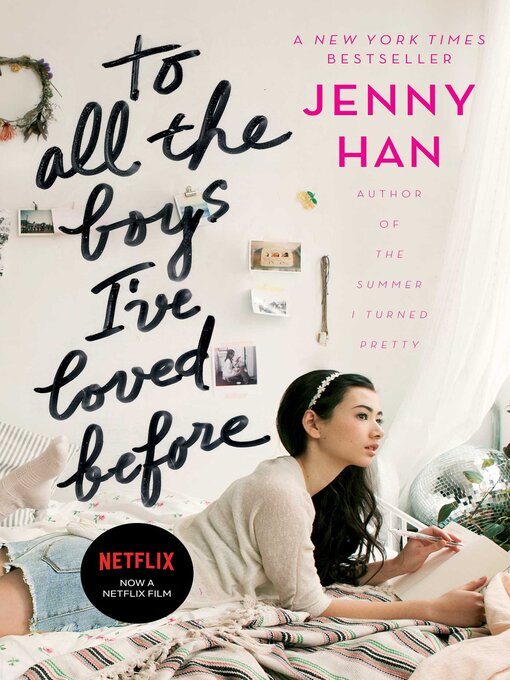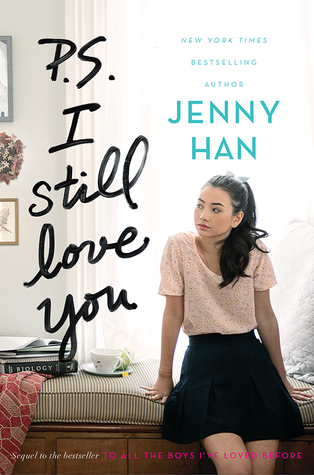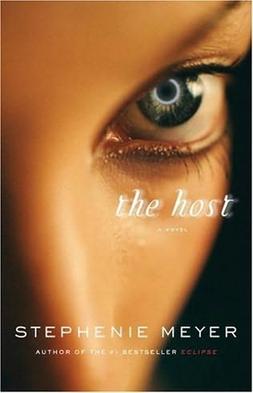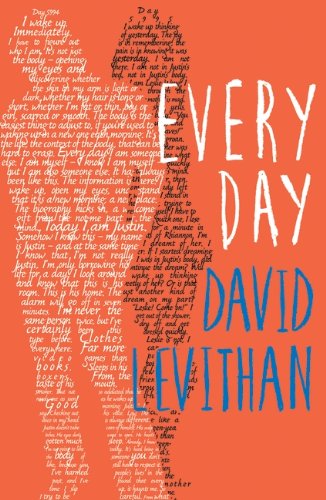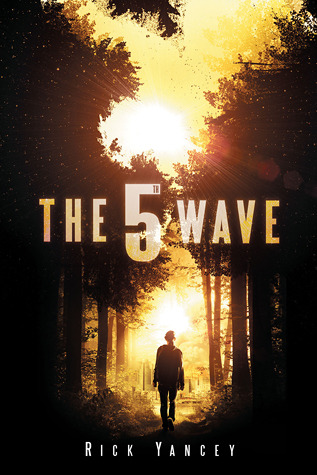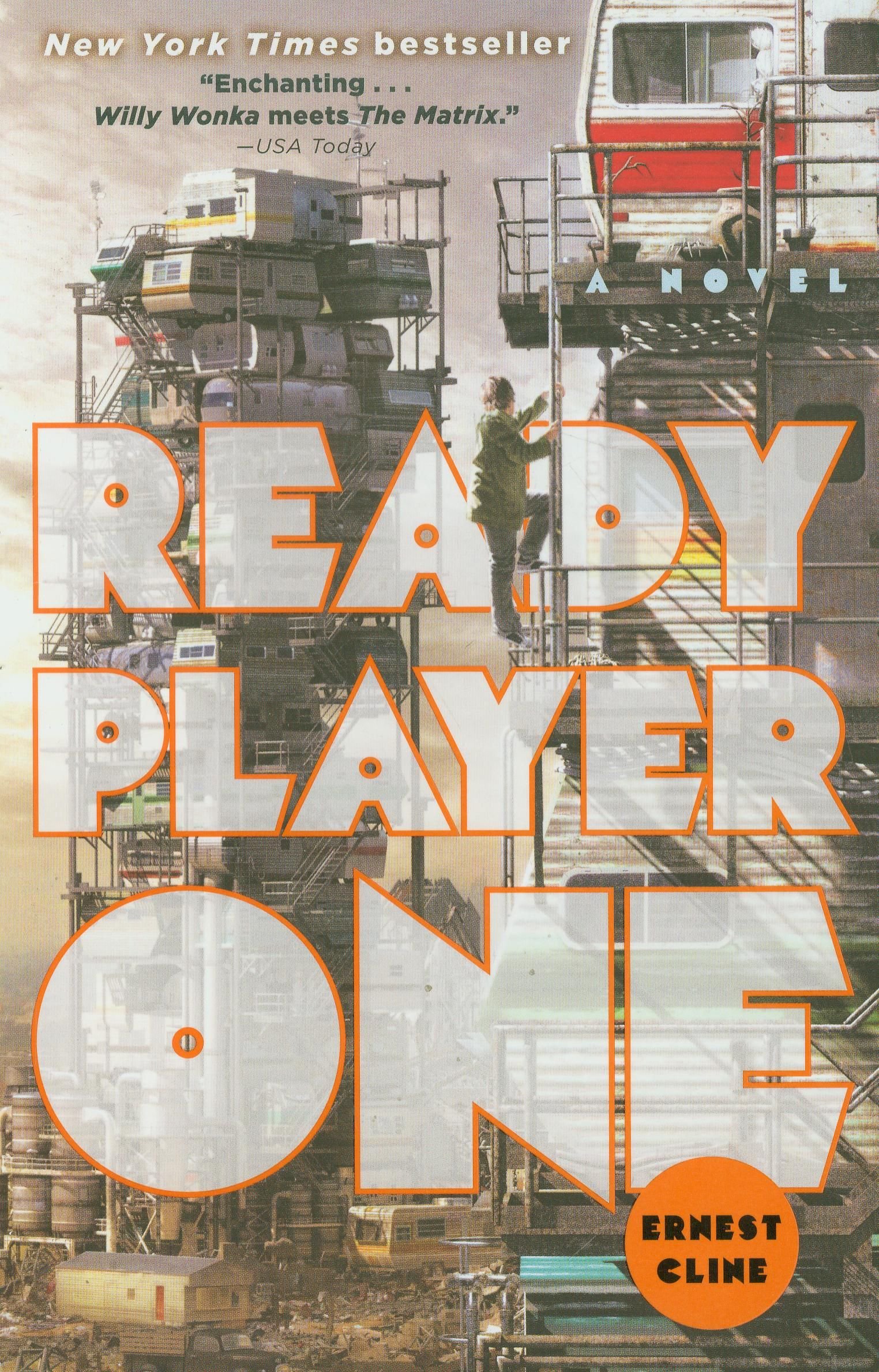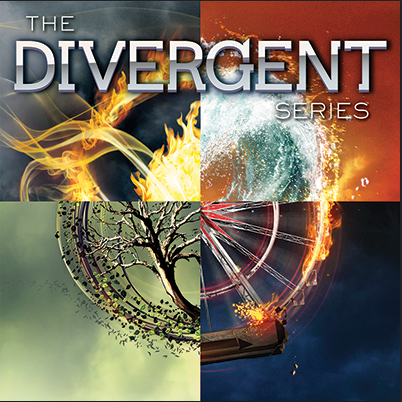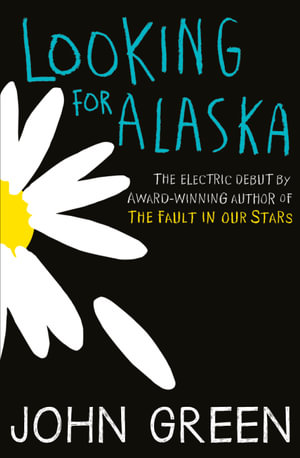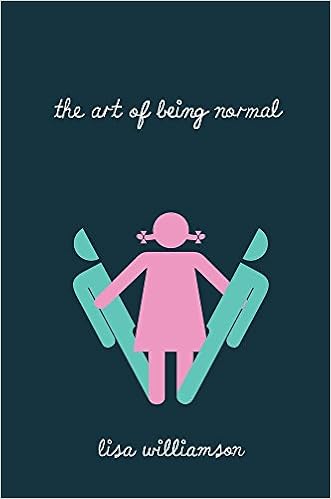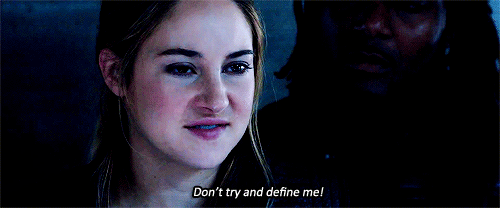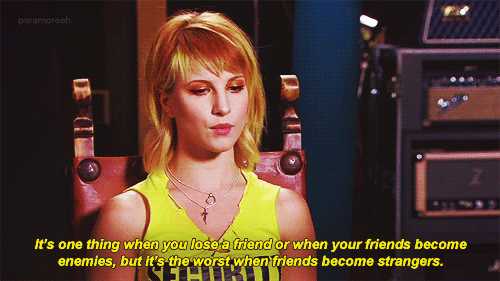If you haven't heard of the #NewDayNewNormal tour, where have you been hiding - under a rock? In the Sahara desert? This tour is a coming together of great minds - David Levithan (YA author extraordinaire who recently released 'Another Day', sequel to his bestselling 'Every Day') and Lisa Williamson (who released her mind-blowingly good UKYA debut 'The Art Of Being Normal' earlier this year).
Because David writes a lot of novels about gay teenagers and Lisa's debut is focused on the life of a transgender teenager who hasn't yet come out to his parents, this evening held a lot of discussion about gender, sexuality, identity and just being able to feel comfortable as yourself.


The discussion was chaired by Chloe Combi, author of 'Generation Z' - a non-fiction collection of stories from the lives of teenagers that she interviewed all over the UK.
To start off the evening, both David and Lisa read from their books.

If you've already read 'Every Day', you'll know the story of A, but just in case you haven't here's a brief synopsis. Every day, A wakes up in a different body. It's always been this way, since he was born, so it's just the way he's used to living. He goes through life not making any differences to the bodies that he inhabits and after his twenty four hours with them he passes on through, hardly thinking about them as he trudges through his next day. Until he becomes Justin and meets Justin's girlfriend, Rhiannon, who finally gives him the urge to start connecting and show her who he really is.
'Another Day' is the companion novel to 'Every Day' - it tells the story from Rhiannon's perspective. As David himself said: "We say 'I love the you inside of you', but do you really love the you inside of you?", so the novel focuses a lot on Rhiannon coming to terms with the way that A is, and how she still thinks she might be falling for him.
In 'Every Day', there is a day in which A wakes up in a super hot, supermodel-esque body, and he goes on a date with Rhiannon. David read the section in 'Another Day' that told this day from Rhiannon's perspective and - let me tell you - it's hilariously written.

As I've already mentioned, 'The Art of Being Normal' tells the story of a transgender teen, David, who hasn't yet come out to his parents about his desire to become a girl. As David is fourteen he's starting to go through the male puberty and he can feel his body changing, so he takes himself through almost daily 'inspections', during which he measures his height, his weight, his penis size and takes stock of various other aspects of his body such as his chest, feet and hands. Lisa chose to read the passage that contained David's first inspection - telling the crowd gathered that it was a different excerpt from the one she'd been choosing to read so far, and it was in fact her first time reading this one out loud, but it was an utterly poignant section that made the entire audience focus, think and empathise with David's plight.
Whereas David's reading was filled with dry comedy, Lisa's exhibited the anxieties and frustrations that teenagers feel in these kind of situations and was very emotionally provoking - two similar readings, but also vastly different.
Following the two readings, Chloe sparked off the discussion asking why the authors thought that issues surrounding gender had resonated with the readers so well. Lisa acknowledged the fact that there was "not that much" transgender fiction, but gender fluidity is all about "not feeling in a box anymore", which is why teenagers seem to relate to it so easily - they don't want to be labelled and fitted into neat compartments. David agreed with this fact, describing Caitlyn Jenner and Laverne Cox as "bold for speaking out", and stating that lesbian and gay people have only been accepted in the mainstream because of "people telling their stories", showing exactly how important it is to have a voice and to speak up.
When asked about how it was becoming the characters, David said that it was "much simpler" with 'Another Day' because Rhiannon was a character he already know - it was easier to get into her head already knowing the story and already having her character developed. Lisa shared the fact that she used to work at the Gender Identity Development Service, meaning that she'd "heard so many stories from so many different teenagers" that it just felt natural to tell their stories through her writing.
David asked her why she decided to write a female trapped in a male body, rather than vice versa, and Lisa told him that "the character just came like that", admitting that the first chapter was the first thing she wrote and that it stayed pretty much unedited (which I think is impressive, because it's a highly effective first chapter!).
Talking about domestic abuse and why teenagers got into relationships that "are abusive and not good enough", Lisa shared a personal story - that she hadn't had a relationship until university, and the first one that she had was almost verging on abusive. She admitted that there was "so much pressure to just be in a relationship [...] I wanted to be the one that changed them, that made it all better", which I think is a theme that crops up time and time again in YA, because it's very easy to want to help the people that you love, even if you're sacrificing yourself.
In 'Another Day', Rhiannon's relationship with Justin is abusive too - though David did admit that they're horrible to each other, a "mutual hot and cold". He agreed thoroughly with Lisa, stating that "that's what our starter relationships are - compulsion to be part of a pair", but he wrote about it in 'Another Day' because he "wanted to show how extraordinarily complicated it is".
Chloe referenced the fact that both novels had powerful family dynamics, in which the child that doesn't fit the "norm" struggles to fit in. Lisa agreed with this and said that was the "thing in Britain [...] not talking about important stuff". She said that while working with the Gender Identity Development Service, it could often take years of constant meetings and counselling for the families to finally open their minds and become accepting of their children, but that it did happen eventually. Both authors said that they'd received a lot of messages from teenagers asking about their problems, possibly due to an inability to talk with their family members, and David admitted he would refer them to a hotline or another help service, because "I'm a fiction writer. I can solve problems very easily, because I make them up".
When asked about the teenage habit of "yearning for the future vs. living for the day", David stated that you should "focus on the present with the implication of the future", so the "present tense becomes predominant", while Lisa acknowledged she did this frequently as a teenager - she always wondered if "maybe I'll get to be a cool grown up" when she did grow up, and that it's okay to look forward to the future because things will be different.
Asking about whether "as a society we are growing our perspective [...] becoming acceptive of many different kinds of people", Lisa said there would always be "pressure on how to look, how to dress" and that teenagers were feeling the same pressures she felt growing up from "one billion different places". David agreed, saying "normal is always someone else", but reiterating the fact that people telling their own stories is a positive things, because they will have a change on their immediate world which will then have a domino effect of change outwards - that it's "much harder to say David is wrong than gay people are wrong".
In the final question of the official discussion with Chloe, she asked about "how we can make schools more inclusive". Lisa shared that when she finished school she was "given so few options" and that it was "very confusing [...] I left school thinking "I don't know". I just wanted some guidance that was realistic" - the exact same thing that happened to me when I left my sixth form this time last year. She said there "needs to be conversations" about school and about "having tolerance".
David admitted he was "lucky" because he attended a good school, and that in America bullying was "almost like drunk driving" - everyone knew it was bad, but it wasn't until people decided to campaign that anything started getting changed. He said that he thinks young people need to understand that "life also goes on outside of school", stating that there are things you can do with your friends in your free time, such as making Youtube videos or starting a band, that can be something to look forward to in amongst all the negatives. He also joked that the alternative to school was "being stuck as home with parents all day" and that when you look at it that way it makes school look very appealing.
After the discussion between the three authors, it was opened up to the crowd for their questions.
Being asked about whether the UK and US were in step with "dismantling normalcy", David said that due to social media the "generations are aware of what's going on elsewhere" and this gives them the knowledge that they can be themselves because it's being accepted in other places - they can "let their freak flags fly". Chloe mentioned the fact that the "gay scene" was much more prevalent in America before it was in the UK, to which David quipped "we had the openly gay scene, you guys had plenty of buggering going on!".
Chloe asked whether there was a trend amongst young people to aspire to "not just being normal [but] being perfect", to which Lisa agreed, especially when in relationship to school and exam pressures and the feeling that "you MUST get these fantastic grades". Chloe shared the fact that she had been invited to talk at a school recently - not disclosing which one - but she'd learned that the students there were told that a B was a fail; they had to get A or A*, or they were failures.
In relation to aspiring to be perfect, Chloe asked David about the theme in 'Another Day' of chasing the perfect day, to which David said he thought that the notion of happiness was much more important - teenagers are always told that their priorities should be getting good grades, finding a partner, having high attendance, but they're never told to aspire to be happy.
An audience member picked up on the fact that both books have multiple perspectives - 'Another Day' having Rhiannon and A, and 'The Art Of Being Normal' switching between David and Leo. He asked hat the authors learnt about their characters through the different eyes observing them. Lisa said it was a lot of fun - sometimes she would write a chapter from both points of view and then switch it around, other times she would get bored and switch from Leo into David on a whim.
David noted that he'd been facing a real challenge with 'Another Day', and that was "why does Rhiannon go with this?". In 'Every Day', the audience has much more access to A, so we know that he's a good guy and he'll treat Rhiannon brilliantly, but because of how completely unbelievable his constant body switching it, what makes Rhiannon decide that he's being honest and not having a laugh at her expense? He said it was good to "have a character [he] respected and liked and have them have to prove [their worth]", and also admitted that due to writing so many collaborative novels he finds that he's learned to take the other point of view more easily.
Asking David whether he'd every write another novel to add to the 'Every Day'/'Another Day' series, David said "very probably", that a sequel is set up in 'Another Day' and he "will write it". He shared the fact that when he finished the novel, his editor turned to hi and said "you do know this means you have to write another book", but he said it would take a few years of working on it.
Someone asked whether writing LGTBQIA fiction was more difficult than general fiction, to which Lisa said she felt a "level of responsibility" and "wanted to do it authentically [...] and feel truthful", but that writing general fiction is hard too. David agreed, saying "gay character are what I like to do", before sharing an anecdote about the author of 'Brooklyn', Colm Toibin, in which he was asked repeatedly in an interview about why he chose to write from the point of view of a woman. Colm turned to the interviewer, saying "I should only write novels about gay Irishmen in their fourties? [...] That's a very narrow demographic", and David said that "readers are willing to read outside their identity" which means that his novels have a wide range of appeal.
Being asked about the popularity of dystopian fiction, and whether there was two camps of YA readers - realistic or fantasy - or a blur, David proclaimed that was a "massive blur", before giving his definition: "what defines young adult literature is emotional truth" and that "The Hunger Games has that as much as Looking For Alaska has that", before name dropping Rainbow Rowell and Holly Black for their respective success in their respective fields in YA. Lisa agreed that "most readers read really widely".
Chloe asked whether they each felt a sense of responsibility, whether they felt as though they were laying the ground for future writers, and David said that he felt he needed to kick open as many doors as possible because he knows "exactly who kicked upon the doors [he] walked through".
The final question of the evening was actually my question - I asked whether either of the authors would consider writing an asexual character. David said "yes" instantly, saying that he has "one idea I have been developing with an asexual main character" but he's still developing it, but saying that he's been talking to a few other authors and we can expect some asexual releases in the next year. Lisa also agreed, but she's "in the midst" of her second novel. She said that she would like to explore many different things in time, though.
After the Q&A session was over, we had an opportunity to meet the authors, so obviously I jumped at the chance. David is the sweetest man ever - I had FIFTEEN of his novels and he didn't mind signing all of them, which definitely surprised me! He even said that because of the pile of books we had to get a picture, and I wasn't going to refuse him, was I?
I'm doing a blog post about my signed novels pretty soon, so you'll have to wait until then to see the adorable dedications David wrote.
I also met Lisa - she gave us postcards with 'The Art Of Being Normal' book cover on them, and we had a lovely chat!
I'd like to say a huge thank you to David and Lisa for coming to Oxford, and to Waterstones Oxford for hosting the event! This was the first book tour I'd ever been to, and I'm definitely going to try to go to more in the future.
